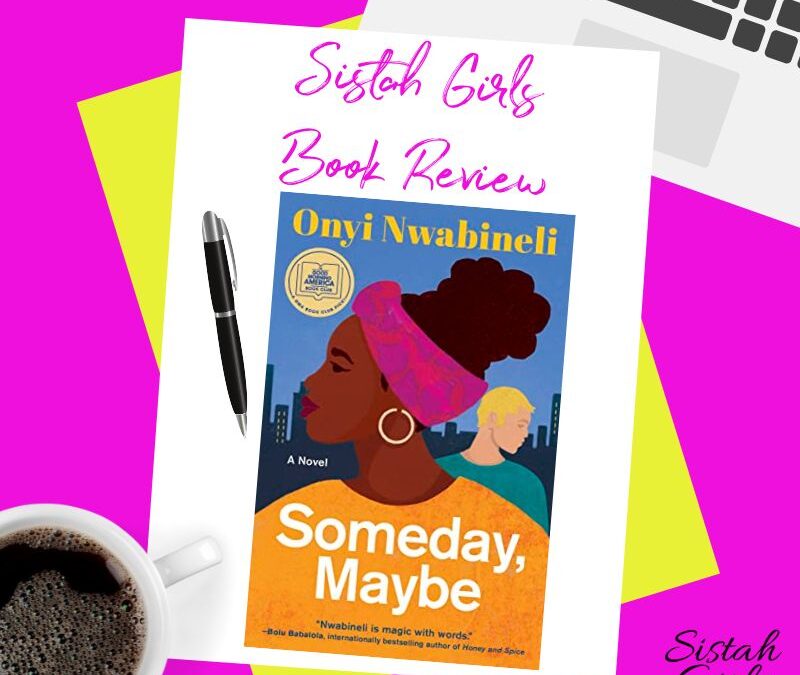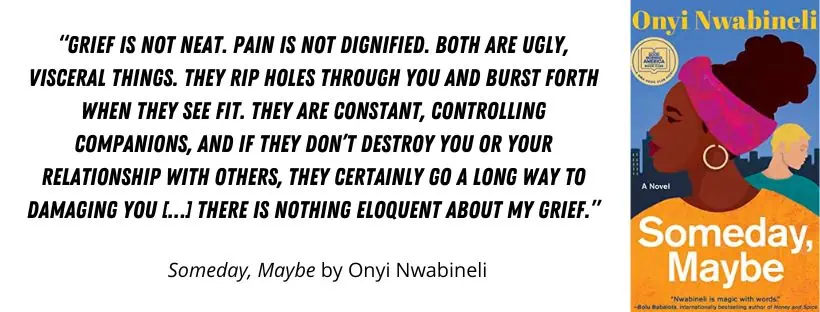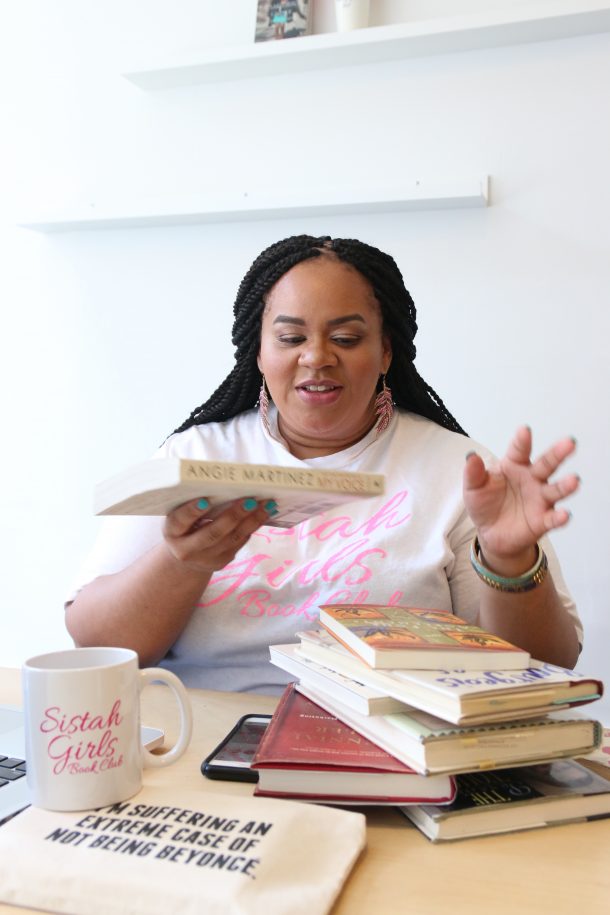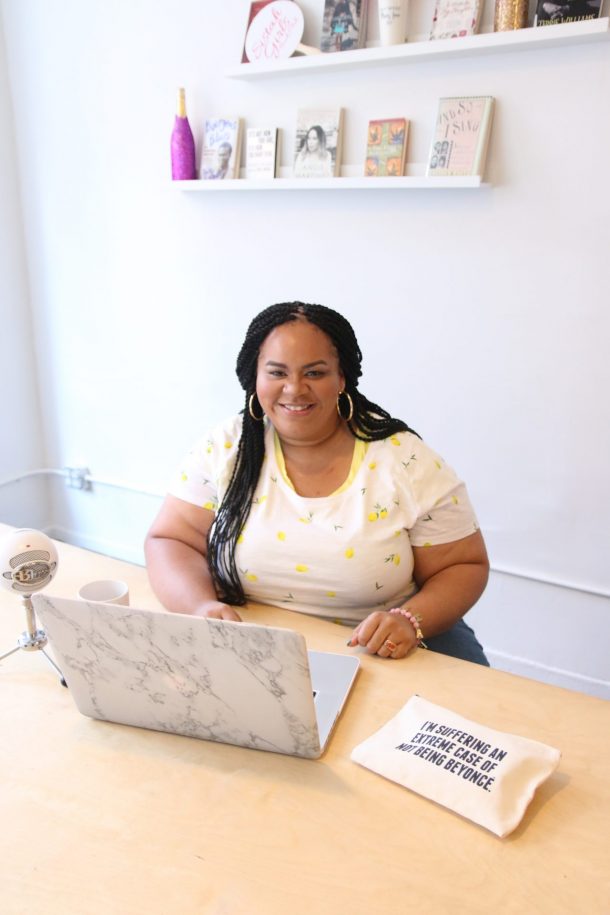Note: Sistah Girls, the following blog post contains content related to suicide and suicidal ideation which may be distressing or triggering for some.
Discussing this topic can evoke strong emotional reactions and may be harmful if you’ve experienced suicidal thoughts or have been affected by suicide.
Please only read this post if you feel completely comfortable doing so. Your well-being and mental health come first!
Someday, Maybe
On the morning of my 37th birthday, I stood at the kitchen sink with a knife in my hand.
I ran my finger along the tip of the too-dull blade. Still, with tears in my eyes, I gently pressed the knife against my wrist and silently prayed that someone would stop me.
Seconds later, my husband—who’d been engrossed in some sport or other—suddenly appeared at my side.
To this day, I know it was God that led him there, but I still don’t know what led me there. What brought me to the point of feeling that life was no longer worth the effort?
I had a husband who adored and respected me. Children who were happy and healthy. Family and friends that supported and cared for me.
To that point, I’d lived a life whose joyous moments far outweighed the rough ones. So why was it so hard to feel that joy? To see the beauty instead of the ashes?
This is a question I’ve gradually been able to answer, but for Eve Ezenwa-Morrow, the protagonist of Onyi Nwabineli’s debut novel, Someday, Maybe, it’s a question that haunts her for the rest of the novel.
From page one, we’re made aware of Eve’s husband, Quintin Morrow’s self-inflicted demise, and throughout the rest of the book, we’re left to grieve with Eve as she struggles to accept two facts:
1. He is truly and forever dead.
2. She was not enough to save him.
From the first time they meet at University, it’s clear that Quintin is smitten with Eve and though she tries her best she cannot avoid the cliché’ of it all: Nigerian, feminist girl falls into the deep end with the quietly gorgeous, old-money rich White boy.
We learn through intermittent flashbacks that they were in love-love, which makes his suicide all the more baffling and impossible for Eve to comprehend.
This book is a literal exercise in grief, and because it’s told in first person, we’re with Eve through every heart-wrenching step of the process.
Through every beautiful memory and reminder that cuts her back down just as she’s starting to lift herself up.
Making matters worse is the world’s worst mother-in-law who has no qualms about placing the blame on Eve’s shoulders.
The saving grace for Eve, and perhaps my favorite thing about the book is her family.
Onyi Nwabineli does an amazing job of creating an authentic and captivating cast of characters who are loving, supportive, and considerate of Eve, even when she doesn’t want it.
They are close-knit in that 90s Black family sitcom sort of way but try as they may, they could not fully grasp the depth of her sorrow.
They could not understand that losing her soulmate to suicide wasn’t like losing him to cancer, natural causes, or even an accident.
Quintin’s suicide was like a double death for Eve: a loss of a husband and friend, and a loss of her security in knowing who he was.
Because he chose to die, she’s not only left questioning her place in his life and the love he claimed to have for her.
She’s left with the contradictory emotions of hating his choice while also defending it to those who pointed out the selfishness within it.
Naturally, there comes a point in the story where Eve’s family feels it’s time for her to start moving forward; something she can’t fathom.
I loved how the story took the opportunity to explore how others perceive those who are grieving; how we weigh their reactions against our own and prescribe “remedies” that we’d likely shun if the shoe were on the other foot.
In the end, it’s a revelation that no one saw coming that finally—slowly—forces Eve to take her first step forward.
Someday, Maybe is a slow, moody, depressive burn through Eve’s grieving process—and I couldn’t put it down!
Though her emotions—guilt, anger, uncertainty, shame—left her stagnant for the better part of the book, it’s an absolute testament to Nwabineli’s skill as a writer.
One of the most beautiful things about this story is that though Eve’s circumstances are absolutely heartbreaking to read, the language and writing are masterfully dark yet witty and humorous.
It’s almost like a toxic lover–you know how they crush you and then reel you back in with sweet words and promises of change to come.
It’s a beautifully authentic portrayal of all the ways grief rips us apart, and all the ways having the right people in our corner can put us back together again.
This is an absolute 10/10 recommendation!
If you’ve read this story, I’d love to hear what situations or characters stood out for you. Share your thoughts in the comments below!





